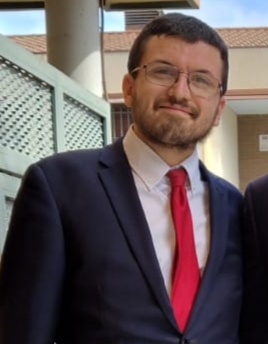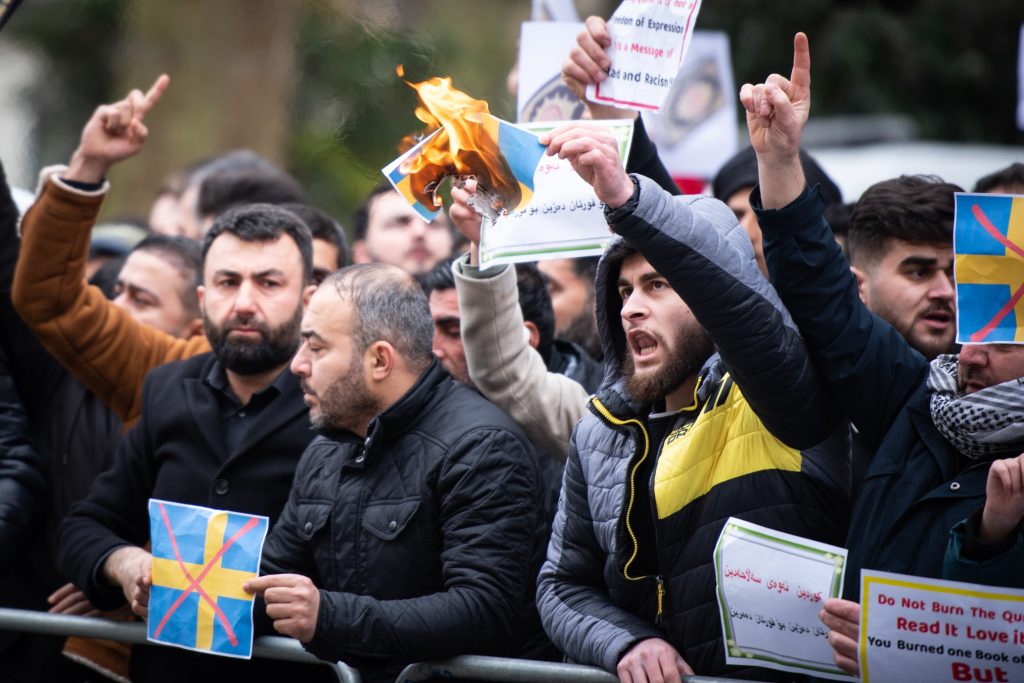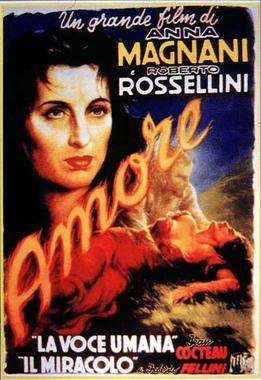
Alberto Jose Ferrari Puerta is a PhD Fellow FPU at the Department of International Law, Ecclesiastical Law and Philosophy of Law, Complutense University of Madrid Law School.
Analyzing the evolution of reports by UN Special Rapporteurs on freedom of religion or belief (FoRB) over the last two decades reveals a gradual advance toward greater protection of freedom of expression. This progress is due to, among other factors, broader rejection of the contentious concept of “defamation of religions” and the adoption of the Rabat Plan of Action in 2012.
The Rabat Plan, the result of several expert workshops organized by the UN High Commissioner for Human Rights, includes a threshold test comprising six parameters to distinguish punishable from non-punishable hate speech. These parameters are the social and political context, the speaker’s status, the speaker’s intent, the content of the message, the extent of dissemination, and the likelihood, including the imminence, that the speech will cause real danger to the groups against whom the speech is directed.
Since its adoption, the Rabat test has frequently been referenced in reports on hate speech by UN Special Rapporteurs to determine when such speech should be punished. While older reports did not limit hate speech to that directed against religious minorities, newer reports tentatively connect hate speech with discriminated minorities. However, the January 2024 report on hatred based on religion and belief prepared by Special Rapporteur Nazila Ghanea represents a qualitative leap compared to previous reports in two significant respects: it deepens the concept of criminal law as an extrema ratio—a last resort to counter hate speech—and explicitly defends that protection against hate speech is essentially designed for vulnerable groups.
Regarding the first issue, the report emphasizes that the feeling of offense and the harm suffered by victims of such speech are not decisive in determining whether hate speech is punishable. It also notes that not all hate speech constitutes an act of incitement. Like previous reports, this report refers to the Rabat test as a criterion for distinguishing between punishable and non-punishable hate speech. However, unlike previous reports, it elaborates in much greater detail on each of the six criteria that comprise the test.
In the same vein, the report addresses the desecration of holy books, referencing the recent controversy over the intentional burning of the Qur’an in Sweden and Denmark mainly, but not only, by extreme right-wing militants. This issue was previously addressed by the UN Human Rights Council in its resolution of 12 July 2023, which stated that the desecration of holy books could be considered a form of incitement to hatred. The Special Rapporteur’s report qualifies this statement, stressing that such desecration will only constitute incitement to hatred if the parameters of the Rabat test are met.

Consequently, it will generally be up to national courts to assess on a case-by-case basis whether these parameters are met. The report also recalls that the protection of sacred books and symbols is not per se part of international human rights law and that irreverence toward a particular religion cannot be considered hate speech, since a religious belief can question the legitimacy of others without such conduct being punishable.
This reminder echoes the well-known concurring opinion of Justice Felix Frankfurter in the U.S. Supreme Court case Joseph Burstyn, Inc. v. Wilson (1953), where the Court ruled that prohibiting Roberto Rossellini’s The Miracle (the second part of his L’amore movie anthology) as sacrilegious was contrary to the U.S. Constitution’s First Amendment. Justice Frankfurter argued that, in a pluralistic society, the beliefs of some citizens could be considered sacrilegious by others, and thus, a pluralist state must protect the people who profess such beliefs but not the beliefs themselves.[1]

The Special Rapporteur’s report warns that sometimes punishing blasphemy and advocacy of hatred is used as a mechanism of repression against religious or other minorities. This statement connects to the second significant advance in the report. It is the first time a UN Special Rapporteur on FoRB has clearly linked hate speech with the protection of vulnerable groups (paras 15, 23, 40, and others). The report emphasizes the underlying causes of hate speech, acknowledging that hate speech stems from the social subordination and historical discrimination of victim groups—a concept philosopher Axel Honneth calls “disrespect.”[2] The report also recognizes that discrimination against these groups is structural, originating in the institutions themselves, a notion reminiscent of sociologist Johan Galtung’s concept of “structural violence.”
Given the institutional nature of hate speech, the Special Rapporteur expresses caution against relying solely on criminal law to combat hate speech, as this can be counterproductive and will result either in increasing the resentment of those who engage in such discourse or inhibiting victims’ ability to find real protection in institutions controlled by socially dominant groups. Instead, the Special Rapporteur favors extralegal mechanisms, such as the involvement of political and religious leaders and civil society representatives in creating counter-discourses. However, these mechanisms have their own limitations, as they do not address the root causes of hate speech.
Therefore, the most effective measures are those that seek to eliminate the real situations of discrimination underlying these discourses, which is where the report’s practical recommendations are focused. An illustrative example, provided by the Special Rapporteur herself, is that of the Roma minority: to counteract hate speech directed against this minority, it is necessary to adopt measures to alleviate their situation of vulnerability, such as programs to promote employment or to encourage members’ representation in the media.
In conclusion, the UN report clarifies the true objective of combating hate speech: to prevent such speech from leading to actual violence or discrimination against vulnerable or traditionally discriminated groups. These groups, not the hegemonic ones, are at risk of suffering from these situations as a result of hate speech. Thus, such speech should only be criminally punished when it poses a real danger, as evaluated by the Rabat test, and is directed against groups that are vulnerable or discriminated against. This approach helps avoid the misuse of hate speech laws by dominant groups as an instrument of repression against legitimate criticism. The report developed by the UN Special Rapporteur on FoRB is an important step toward strengthening this approach in international human rights law.
References:
[1] Victor J. Vázquez Alonso, Libertad de expresión y religión en la cultura liberal de la moralidad cristiana al miedo postsecular, 49(146) Boletín Mexicano de Derecho Comparado 305, 305–41 (2016).
[2] Axel Honneth, Disrespect: The Normative Foundations of Critical Theory (Polity Press 2007).
